Malaysian men’s singles star Lee Chong Wei has stated publicly that he will retire if given the standard 2-year doping ban but in the event that he can get a reduction, how short a ban would he need to still have a chance at qualifying for Rio?
By Don Hearn. Photos: Badmintonphoto
In a televised interview with the British Broadcasting Corporation (BBC) last month, two-time Olympic badminton men’s singles silver medallist Lee Chong Wei gave precisely the response that his fans had been dreading. Lee said that if he is served with the standard two-year ban for testing positive for dexamethasone, he would retire.
Clearly the unfinished business for a player of Lee’s accomplishments consists mainly of winning the Olympic gold, along with a World Championship title, two things that many thought he had an excellent chance of being the first Malaysian to achieve. Being out of the game for two years would cause him to miss the only shots at either title in the time remaining between now and his 34th birthday. In this way, he is facing almost identical circumstances to those which prematurely ended the career of Zhou Mi (pictured) in 2010.
Lee has been under provisional suspension by the Badminton World Federation (BWF) since November, when traces of dexamethasone were detected in his B Sample from last summer’s World Championships. Three months later, he still does not have a confirmed date for his actual disciplinary hearing.
But what if Lee is able to mount a defense that could result in a reduction of the ban? How many months would have to be subtracted from those 24 for him to still have a glimmer of hope of qualifying for the 2016 Rio Olympics?
Of course, there are many unknowns here and as we will see, Lee’s chances will depend on the performance of his fellow Malaysians during the Olympic qualifying period, and on the relative strength of the men’s singles field overall, as well as on the length of his period of ineligibility and on his performances if and when he returns to active duty.
What are the BWF’s ban options?
The purpose of this article is not to look at the likelihood of Lee Chong Wei being found ‘guilty’ of the doping violation in question, nor to speculate on his possible defense, nor is it to examine the relevance of any precedents. But this section does look at the rules to determine what the BWF’s options are under its own Anti-Doping Regulations (Appendix 3 of the Laws of Badminton).
The Laws of Badminton state that the penalty for a first-time presence of a Prohibited Substance violation is a period of ineligibility of two years. This period is to start on the day of the ‘date of the hearing decision providing for Ineligibility’ but as it was announced on November 11th, 2014 that Lee had been provisionally suspended, that provisional suspension will be counted as part of the total period of ineligibility, in accordance with Regulation 10.9 of the BWF Anti-Doping Regulations. This means that the fact that Lee Chong Wei has not yet had his hearing has no bearing on the starting date of whatever period of ineligibility might eventually be imposed.
This two-year ban can be reduced or even eliminated. If the BWF panel is convinced that the player bears ‘No Fault or Negligence’ in the case, then they can eliminate the period of ineligibility under Regulation 10.5.1. Similarly, Regulation 10.5.2 allows for the period to be reduced by as much as half if the panel finds that Lee Chong Wei bears ‘No Significant Fault or Negligence’. Both regulations include among their requirements that the player ‘establish how the Prohibited Substance entered the Player’s system’.
It also seems possible from the regulations that the decision could be a ban of less than one year. Because dexamethasone qualifies as a ‘Specified Substance’, Regulation 10.4 allows for a ban of anywhere between 0 and 2 years but in addition to the above-mentioned requirement of establishing ‘how a Specified Substance entered his body’, there would have to be corroborating evidence that there was no intent to enhance performance.
Lee Chong Wei’s Olympic qualifying prospects: The two extremes
As mentioned above, a two-year ban for Lee Chong Wei would end in November, 2016, well after the Rio Olympics, not to mention the Jakarta World Championships this summer. For that reason, he has said that this scenario would result in his retirement from the sport. Even a reduction from 24 to 18 months would only allow for his return in early May, 2016, immediately after the Olympic qualification period finishes.
At the other end of the spectrum, an elimination of the ban is likely to have no effect whatsoever on Lee’s Olympic qualification efforts. Even with the delays of his hearing, the fact that the qualification period doesn’t start for another three months means there is plenty of time. Even if he plays no more tournaments between now and May, with 38,000 ranking points remaining, he should still be ranked high enough to qualify for the Indonesia Open by its entry deadline on April 23rd and experience no further break in playing Superseries events.
The one thing that continued inactivity might jeopardize is his participation in the 2015 BWF World Championships. But even there, the 38,000 might still be enough to make him the top-ranked Malaysian at the qualifying deadline for the Worlds.
One-year ban: still back in time?
Perhaps the most interesting scenario is one where Lee Chong Wei has his period of ineligibility reduced such that he ends up with a one-year ban. This would put him back into the game with only six months left in the Olympic qualifying period. In this scenario, he would necessarily miss the World Championships and the 2015 Superseries Finals in Dubai. Although a November 11th return date would have him back in time for the Hong Kong Open, with zero world ranking points, he would not make it off the reserve list for a Superseries tournament.
The good news is that in those last six months, there are seven Grand Prix Gold events, yielding 7,000 ranking points each. Given that the #16 men’s singles player in the world, going into each of the last two Olympics, had fewer than 49,000 points, theoretically Lee Chong Wei could qualify on the strength of just those seven victories.
Unfortunately, neither winning, nor even qualifying for, those Grand Prix Gold events is automatic. Players with 11,000 total ranking points were still relegated to the reserve list for the upcoming German Open. However, there are also four Grand Prix events (5,500 points for each winner) in late 2015 and in February of next year will be the Thomas Cup qualifiers, which yielded Lee Chong Wei over 10,000 points in 2012. There is also a distinct possibility that Lee Chong Wei will have enough points, as of late February 2016, to qualify for the last Superseries event of the Olympic qualifying period, the 2016 Malaysia Open Superseries Premier.
The magic number 16
The significance of the number of points accumulated by the #16 player is that if another Malaysian is in the top echelon of men’s singles in the spring of 2016, Malaysia can only send two players if both are ranked in the top 16. If Malaysia were to have two other players ranked that high – which was the case as recently as late 2013 – then Lee’s job would be that much harder.
Inversely, were the state of Malaysian men’s singles to continue as it stands now, Lee’s qualification bid would be far easier. None of his compatriots have had more than 42,000 points at any time in the past four months and Chong Wei Feng (pictured) is currently the only other Malaysian in the top 50.
The waiting game
The above analysis shows that if Lee Chong Wei can mount a defense that convinces the BWF to cut his ban in half, there is an excellent chance that he will play in Rio. A standard two-year ban or even a reduction down to 18 months would mean game over. A ban of between 12 and 18 months would mean that Lee might run out of tournaments from which to reap qualifying points but a decision with such a number would be rather bizarre.
For now, it seems that the lack of movement on Lee Chong Wei’s doping hearing is immaterial in terms of his Olympic prospects. We already know when the ineligibility started so what matters is when it will end. That said, Lee Chong Wei is not just an Olympian with a personal agenda. He is an on-court entertainer with legions of devoted fans. For them, the ongoing uncertainty about his future is about as agonizing as the prospect of seeing him back an action is exciting.
- This article was amended on February 17, 2015 . An earlier version implied that BWF regulations did not allow for a reduction to a period of ineligibility of less than 12 months. The current version points to the possibility of such an outcome in accordance with BWF Anti-Doping Regulation 10.4.
![Lee Chong Wei’s rocky road to Rio Malaysian men’s singles star Lee Chong Wei has stated publicly that he will retire if given the standard 2-year doping ban but in the event that he can get a […]](http://www.badzine.net/wp-content/uploads/Newsflash-thumbnail.png)
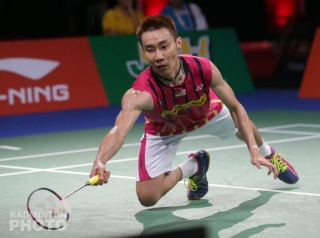
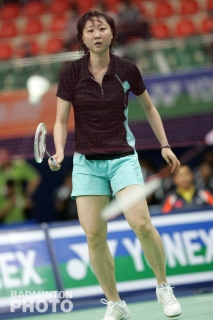
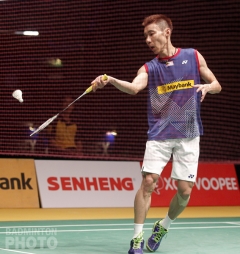
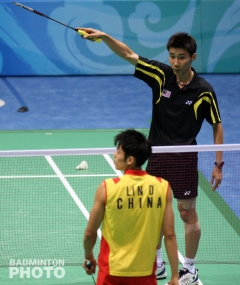
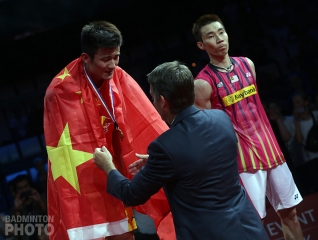
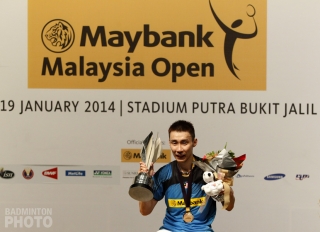
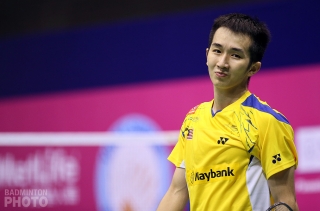
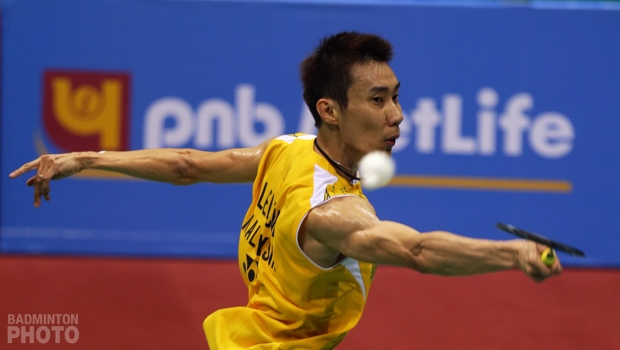

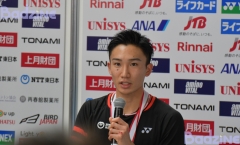
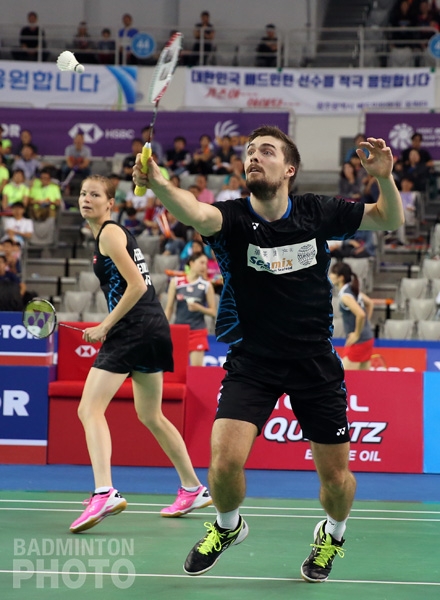
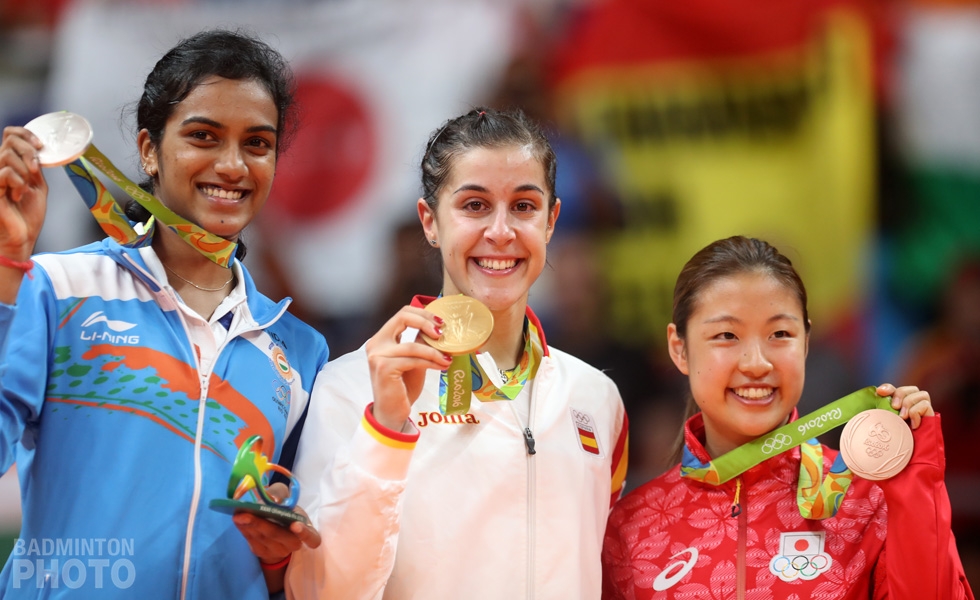
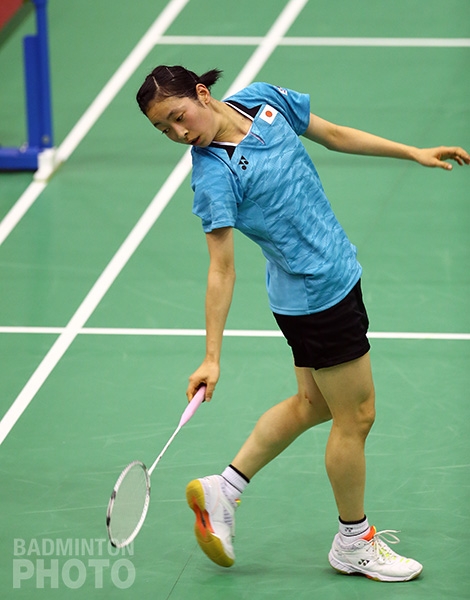
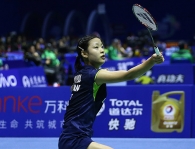
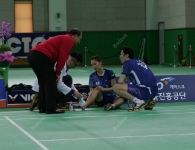
Leave a Reply